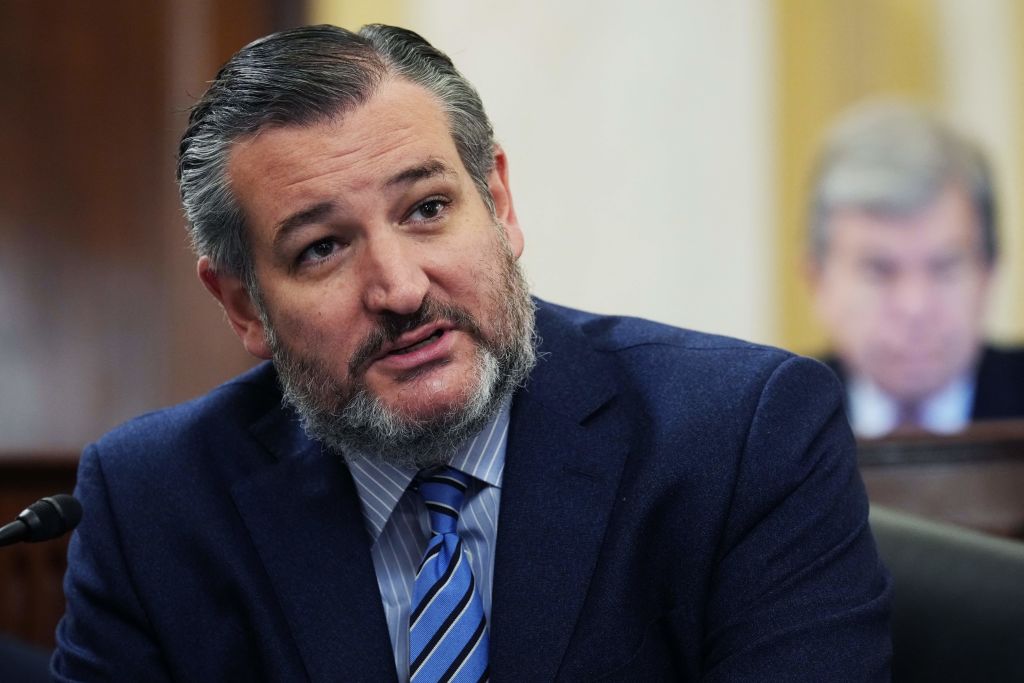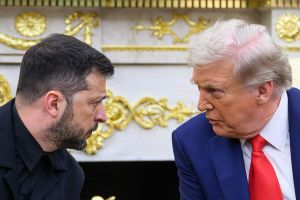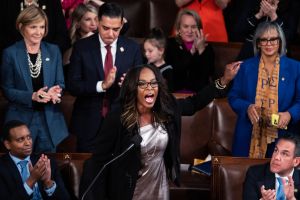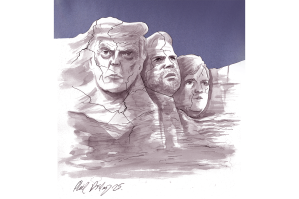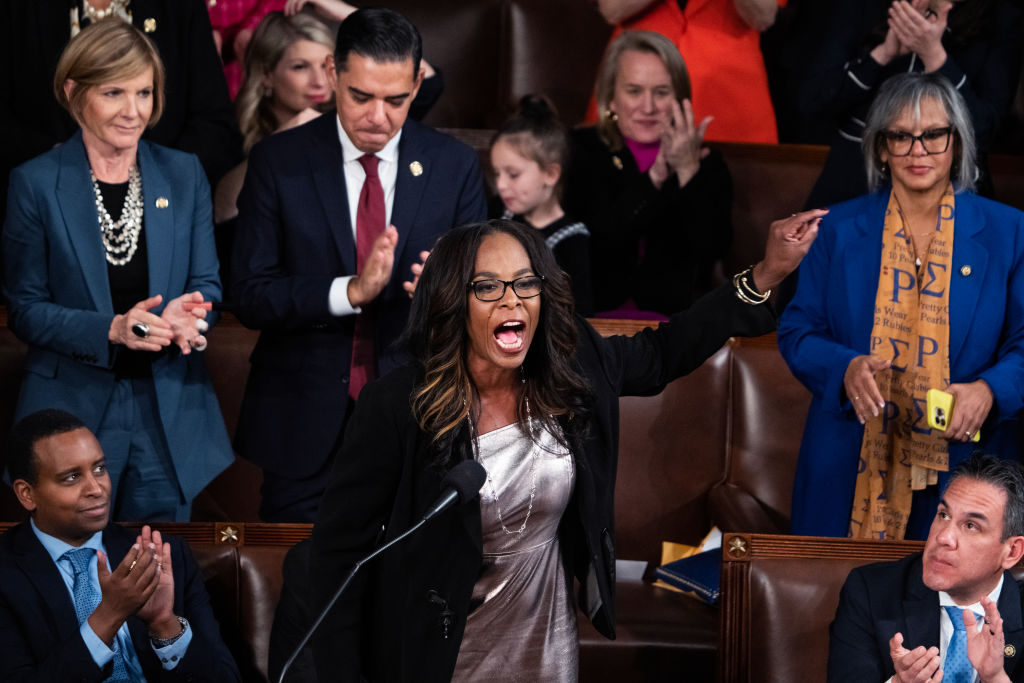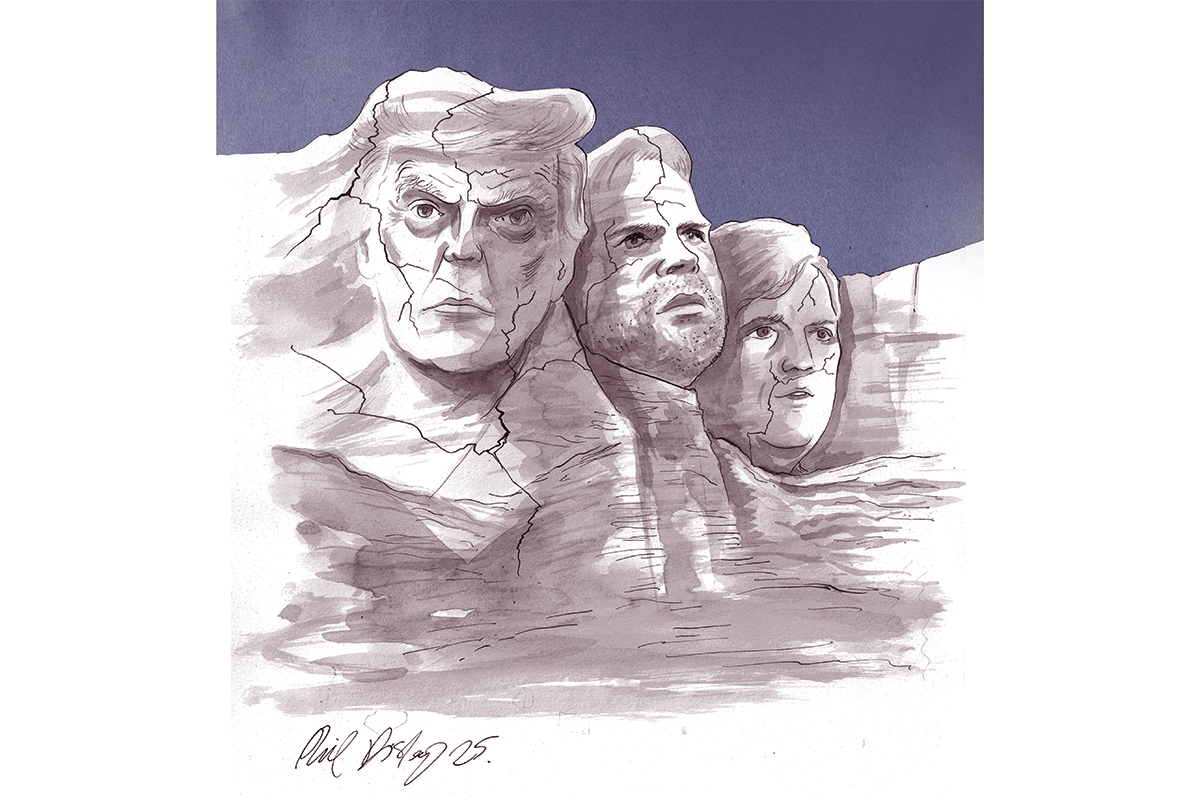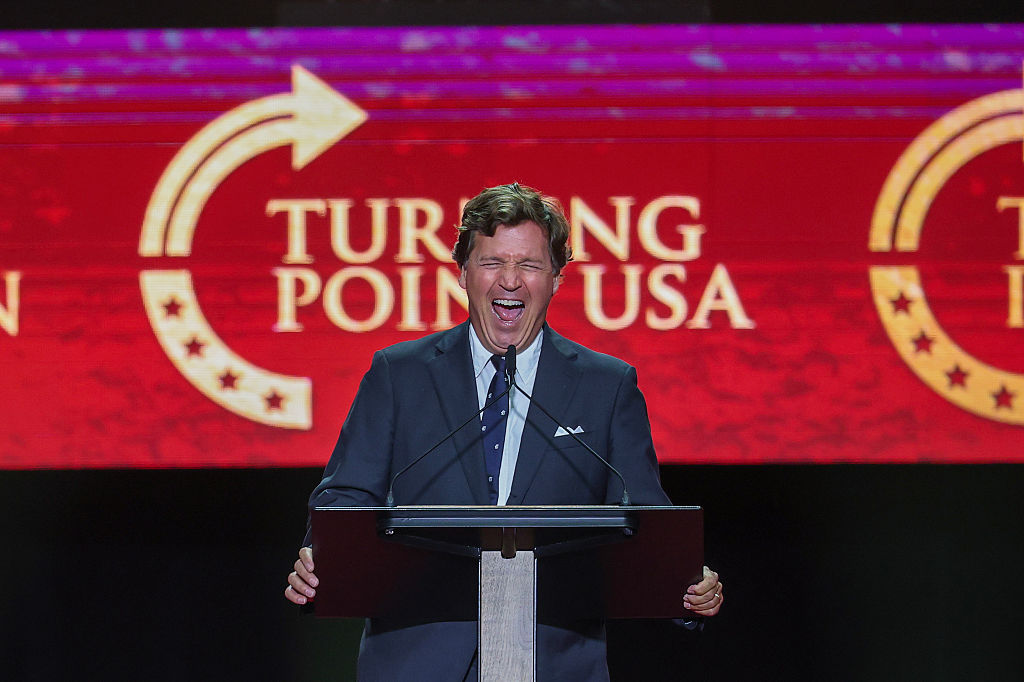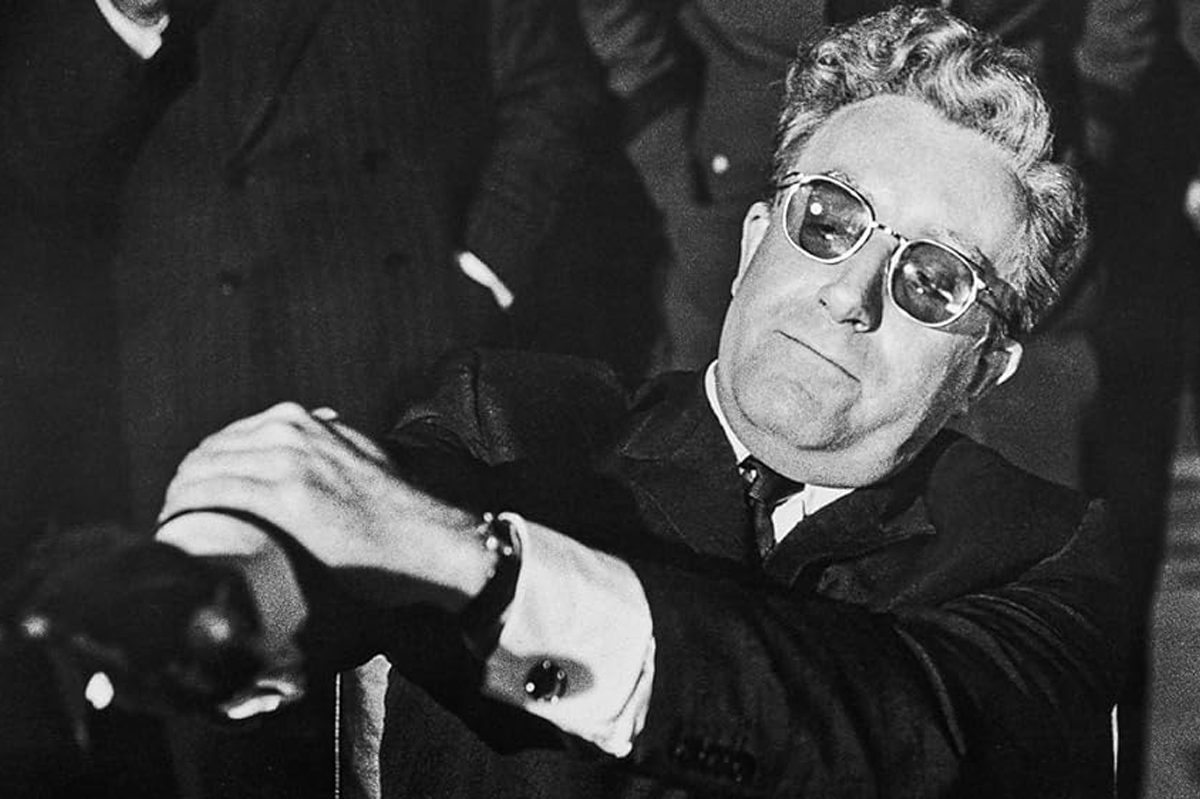At least since the 2016 election, one of my favorites politicians — one of the few I could stomach at all — was Ted Cruz. He is certainly one of the smartest and most articulate members of Congress — not, I know, a high bar, but Ted really is someone with deep rhetorical gifts, an illuminating grasp of constitutional principles and a steely eyed appreciation of political realities. After a very brief flirtation with Scott Walker, my favored candidate for president in 2016 was Ted Cruz. I endorsed him publicly and even labored on the outskirts of his campaign for a couple of months.
But it was not to be. His announcement that, should he win the Republican nomination, he would pick the egregious Carly Fiorina as a running mate made me raise an eyebrow. By late April all that was moot. A huge loss to Trump in the Indiana primary in early May completed the demolition. It was over for Cruz.
Casting about for an alternative, I settled, not without some initial misgivings, on Donald Trump. I have explained why on several occasions. This is a column about Ted Cruz, however, not Donald Trump, so I’ll just say that looking back on it I contemplate my support for Donald Trump with satisfaction. He was not perfect, but of whom can that not be said? He was, however, a force of nature. By my lights, he accomplished more good things for the country in one term than almost any president in the history of the republic. If that seems hyperbolic, name a president and list his first term’s achievements; then do the same for Trump.
But this column, as I just said, is about Ted Cruz. Over the last four years, he more often than not repaid my confidence, never more so than on January 6, 2021. His speech on the Senate floor, just half an hour or so before the rowdies, directed by Ray Epps and others employed by the same concern, started pouring into the Capitol complex.
I thought it was a magnificent performance. Looking back to the disputed 1876 election, in which the Republican Rutherford B. Hayes ran in a dead heat against the Democrat Samuel J. Tilden, Cruz noted that the country today was similarly divided. Some 40 percent of Republicans believed that the 2020 election was rigged, 31 percent of independents agreed, as did a remarkable 17 percent of Democrats. It wouldn’t do to set aside the election results, Cruz said, but neither would it do to ignore such a large and diverse cohort of people who had grave misgivings about the legitimacy of the election. Cruz offered a compromise. Why not, he suggested, order an emergency audit? Postpone certifying the vote for ten days while a bipartisan electoral commission investigated the allegations of voter fraud. It was a thoughtful proposal and, at the time, a brave one. (It was also essentially what Donald Trump wanted Mike Pence to suggest.) I salute Cruz for that speech.
Every politician says and does things one doesn’t like. But Cruz has distinguished himself time and again for taking stands that are principled, informed and courageous. Which is why I was shocked and surprised to watch his performance thid week during the Senate hearings on January 6. Cruz began by lavishing praise on the Capitol Hill police. He then went on to say that America was approaching the “solemn anniversary” of the day when “violent terrorists” attacked Capitol. “Violent terrorists”?
Was he reading from Check Schumer’s script? Did a malicious aide smuggle in talking points from the New York Times editorial room?
I was appalled. Nor was I the only one. The Trump-friendly commentariat erupted in outrage. Tucker Carlson, a longtime admirer of Cruz, excoriated him on his show. Both in response to Carlson and in a public announcement, Ted Cruz endeavored to backtrack. “It was a mistake to say that yesterday,” Cruz plaintively insisted. By “terrorists” he meant not the protesters but “the limited number of people who engaged in violent attacks against police officers.”
Carlson wasn’t having it. A thug who attacks a police officer is a criminal who should be arrested, indicted and jailed. But he is not a “terrorist.” There was also the whole tenor of Cruz’s remarks — the invocation of a “solemn anniversary,” praise for the Capitol police, many of whom behaved very badly that day (remember Ashli Babbitt? She was the unarmed woman who was shot by a Capitol Hill police officer). In brief, Ted Cruz implicitly bolstered the false Democratic narrative about January 6. Why he did this is a mystery.
I do believe that Tucker Carlson was right when he observed that no one chooses his words more carefully than Ted Cruz. He must have known what the rhetorical effect of his words would be. I suspect he now rues what he said. But that does not excuse it. I wish he hadn’t given such aid and comfort to the people posing the real threat to what Nancy Pelosi likes to call “our democracy.”



